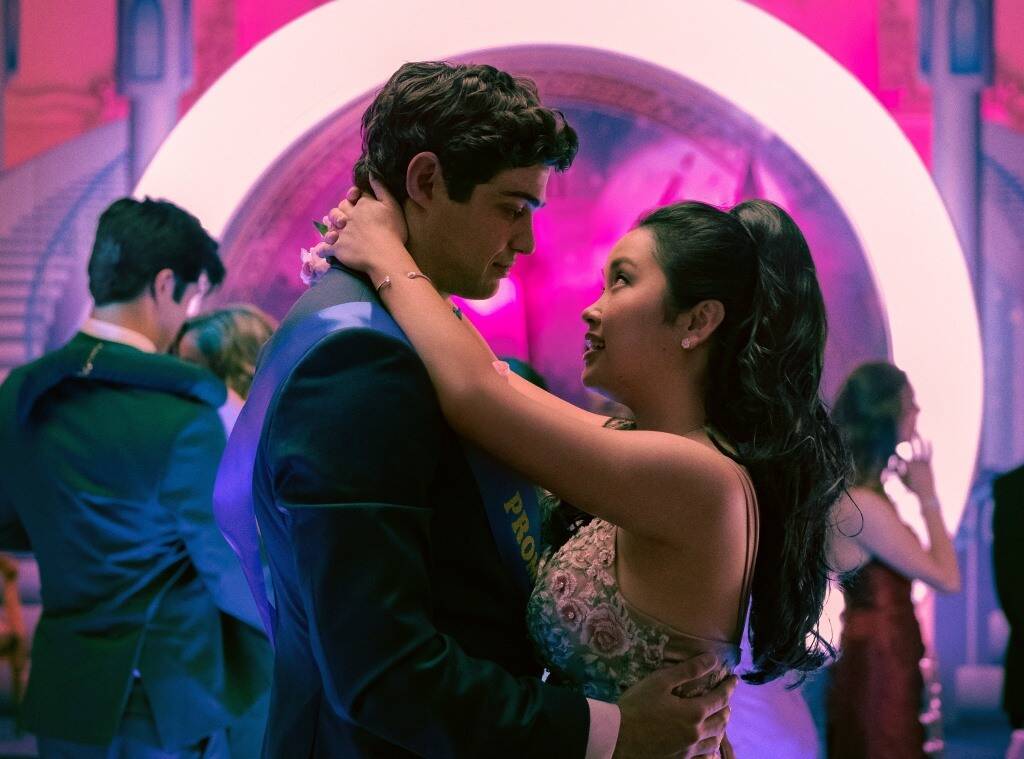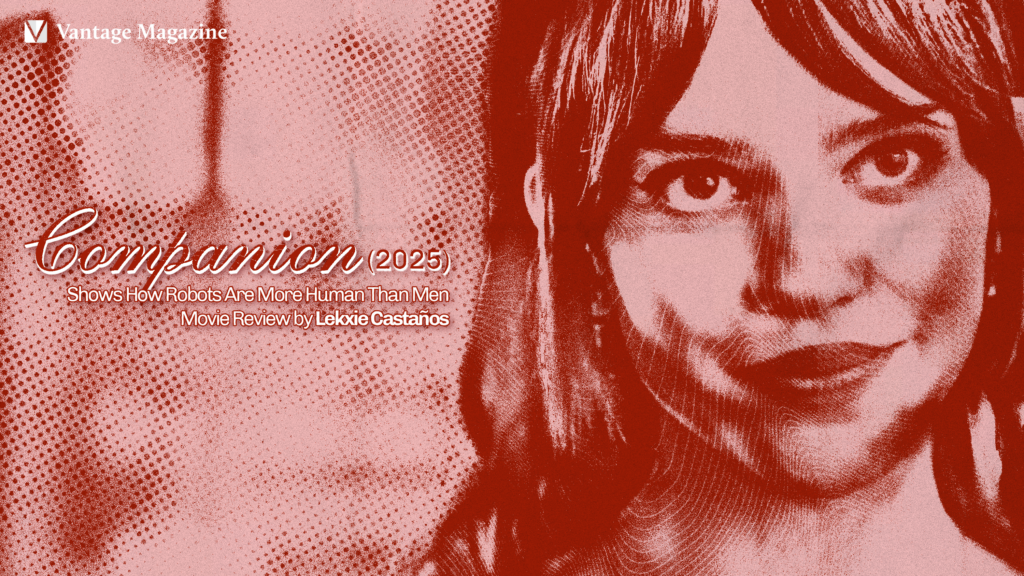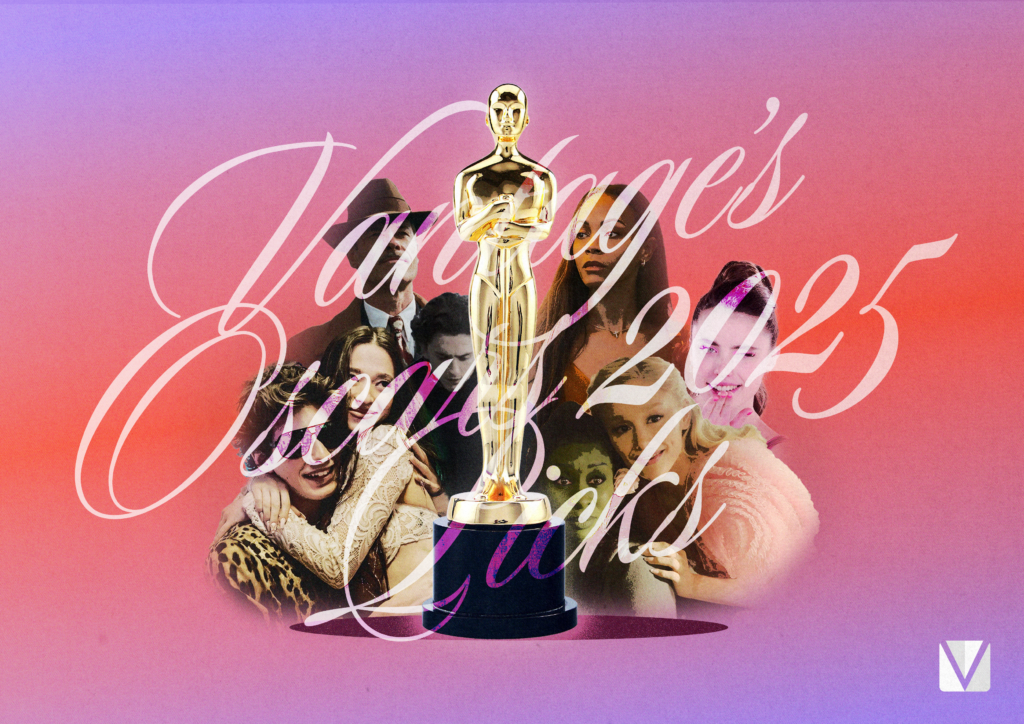Few romantic comedies in recent years have been more highly anticipated than Netflix’s To All The Boys series, which follows shy, but sweet Lara Jean Covey (Lana Condor) as she journeys through the world of love and adolescence. While the final installment of the trilogy does several new things right, it loses some of its original charm in the process.
To All The Boys: Always and Forever begins with high school senior Lara Jean preparing for the next chapter of her life alongside her boyfriend, Peter Kavinsky (Noah Centineo). When her original college plans are crushed, Lara Jean must decide what path to take next.
At first glance, the movie shares the same youthful appeal of the last two films with its vibrant teals, pinks, and yellows. However, Always and Forever takes a slightly more mature path this time, dealing with more relatable topics like rejection, family problems, and growing up. These themes add a little more substance to the table and leave less room for potentially cringey moments for us viewers (at least, compared to the previous movies).
Unfortunately, while less secondhand embarrassment is a plus, there’s not much to the actual story: A lot happens, but at the same time, nothing really happens. Apart from the main plotline, there are a number of other minor stories going on. Though it is a welcome change to see into the lives of the supporting characters, it becomes difficult to fully appreciate them as the story jumps from one storyline to another. The film gets draggy as we wait for something exciting to happen, but once it’s understood that there’s not much else to the plot, it can actually be quite enjoyable.
As a romantic comedy, however, Always and Forever just barely misses the mark. At this point in their relationship, Lara Jean and Peter are a relatively stable couple and comfortable with each other—but there just aren’t enough cute, swoon-worthy scenes between them to serve as a true rom-com. With Lara Jean’s predicament as the focus, the movie sometimes ends up feeling more like a cheesy coming-of-age film than a rom-com.
Still, it is gratifying to see how much Lara Jean has grown since the first film. Gone are her days of writing love letters to boys who would (presumably) never read them. Throughout the course of this last film, she grows more confident, more independent, and frankly, a lot less irritating.
Though Always and Forever cannot stand alone as a rom-com, it actually does its job in closing the series. Enough references to the past movies are made to satisfy the nostalgic viewer, and enough hopeful lines are delivered to please those looking ahead. In fact, with the number of emotional montages and voiceovers, it sometimes feels like this movie’s sole purpose is to provide closure instead of telling a particularly compelling story.To All The Boys: Always and Forever is by no means perfect, but because new rom-coms are few and far between—it’s good enough. Ultimately, it’s still a fun and feel-good movie, reminiscent of the shared sentimentality and optimism that come with the last days of high school. As the series comes to an end, we begin to look past Lara Jean’s hopeless romantic exterior and realize that she’s only trying to figure her life out, just like the rest of us.






